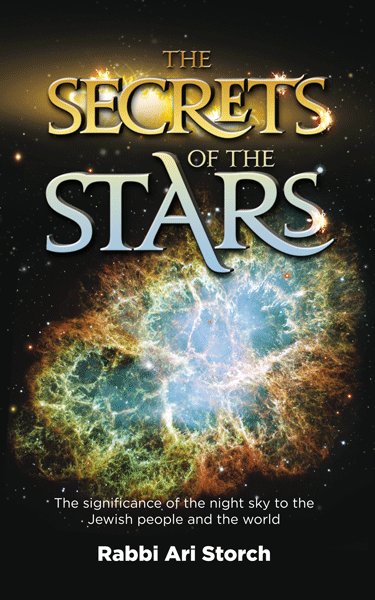In the beginning of the Parsha we see that Avraham Avinu went to tremendous lengths in order to prepare feasts for the passersby that were lucky enough to be his guests. During the feast that he served the three angels that visited him after his bris, he had Sarah Imeinu make bread from three se'ah of fine flour, he had three oxen slaughtered to serve three separate tongues with mustard, and he had butter and milk brought to them. We see clearly how dedicated Avraham was in his hachnasas orchim. (See Bereishis 18 and Rashi's commentary.)
It is interesting to see that Avraham did not seem to have anything prepared for these wayfarers. We are taught that Avraham epitomized kindness. One would have thought that he would have had food prepared for the occasional guest that might accept an invitation. Nevertheless, in this week's storyline we see that Avraham clearly asked the visitors to rest for a bit while he went to prepare their food. Why would Avraham risk losing these guests by not having food ready for their possible arrival? The answer is simple, Avraham wanted evrything to be fresh. What sojourner could pass up a fresh meal filled with the choicest foods? Avraham knew that he would not lose guests if he asked them to relax while he prepared them a meal that was fit for a king. Therefore, he purposefully did not have food ready for their arrival. Additionally, while they rested Avraham would have ample time to strike up a conversation with them and teach them about Hashem.
It is so interesting to note that Avraham clearly wanted everything to be fresh so that he could serve his guests the finest delicacies. The meat was freshly slaughtered and the bread was freshly baked. Why then was the milk and butter only brought to the meal and not milked and churned that day? (See Bereishis 18:8) Perhaps, the answer lies in the date of this monumental feast, Pesach. (Rashi, Bereishis 18:10) It is prohibited to milk animals in order to drink their milk on Yom Tov, and it is also prohibited to churn butter on Yom Tov. (Shulchan Aruch Orach Chaim 505:1; and Rema 510:5) As such, Avraham would not want to be violate this holy day. Therefore, he had butter and milk prepared in anticipation that guest might arrive, but the rest of the meal was prepared on the spot.


3 comments:
Ari,
I love your shtiklach. What is this Sefer you are putting out? Al haTorah? English? Hebrew? Where will it be sold in NY? What was that attachment about Temimos on yuor older post? Is that yours? I need all this information!
Keep em coming,
your second biggest fan.
Thank you so much for your very kind words! I must say that your signature is certainly very intriguing and makes me wonder who my biggest fan is! The Sefer is an English work and my goal, was to reintroduce a dimension of Torah understanding that was used by Chazal and the Rishonim. By understanding the night sky and Chazal's elucidation of it, one grasps a totally new perspective of Torah. The book focuses on the events of Bereishis through Shemos as well as Yechezkel's vision of the Holy Throne and the descriptions given of Klal Yisrael's redemption and shows how they are seen and expressed through the sky. Tis added dimension adds significant understanding to these major concepts. It is being published by Israel Book Shop and should be in most Jewish bookstores soon! The attachment on temimos is mine, I authored it in honor of my son's birth six months ago. If you have interest, I have also written a sefer on Zevachim and another on selected sibyls from Shas. Both are called Tiferes Aryeh.
Sorry, small typo in the end of the last comment due to an overzealous spellchecker. The first volume of Tiferes Aryeh is on "sugyos" in Shas. It is not on sibyls in Shas, although perhaps that too would be something interesting to write about!
Post a Comment